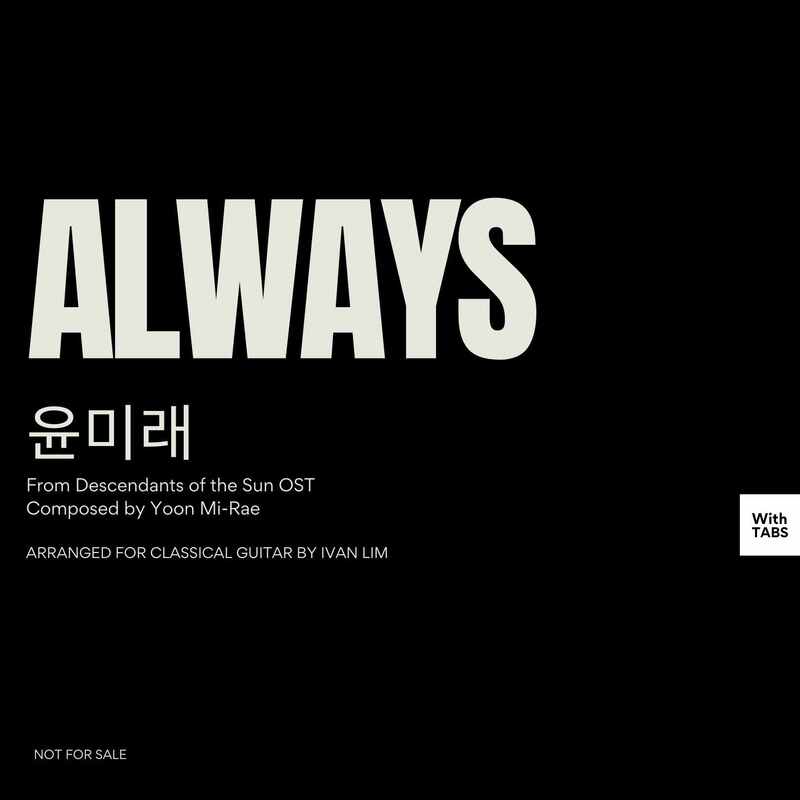Performers yearned for a good review and loved it when they received one. They would hate a bad one or anything which was less than positive – understandably, because nobody likes being told they aren’t good. It was a concert for students of a highly-respected pedagogue in Singapore. The star student who had played a piece from the Renaissance-era had just completed his performance. He had been so elegant in the delivery of his music, so expressive, so smooth, so well prepared, and that beautiful tone of his was a real joy.
When the applause died down, his instructor, who was seated in the front row of the small auditorium, stood up and asked the audience if they had any comments about the performance of his protege, who was about 18 years old. A man who was probably in his forties raised his hand, and the pedagogue invited him to speak. “He play very good,” said the man from his seat, who immediately betrayed the fact that he was what we’d call Chinese-educated. “His tone, very nice. Beautiful.” Several members of the audience giggled – probably at his accent, which was indeed quite funny, but I admired his candour. “He play got feeling. He play, his eyes closed. He can remember, no need to see.” The audience erupted in laughter. The critic knew what the laughter was about but was undaunted. I suspect he was enjoying it. “He very good guitarist,” concluded the critic, and the audience applauded again – probably in agreement. Several others offered their views, which were all positive. The pedagogue then turned to me, asking if I would comment. “I wouldn’t dare,” I said, to the amusement of the audience, though I’m not sure what they found so superbly funny about my reply. Allow me to explain a few things: I was there as my teacher’s proxy – he was a close friend of the pedagogue, who invited him, but was unable to attend the concert so he sent me, probably because I was his top student, in his stead. Which was probably why the pedagogue asked for my comments. But I was only 15 at that time. And the performer was someone I had loads of admiration for – long before that day’s show. My contribution, if I had made any, would have been to repeat what had already been uttered, though perhaps in proper sentences. As I was making my way out of the auditorium at the end of the concert, someone called out to me. I turned, and rushing towards me was that gifted protege of that eminent pedagogue. “Ivan, what did you think of my performance today?” he asked. I was speechless. A couple of years earlier, I had set myself the target of performing at his level when I reached his age, and also hoped that one day I would be as good as he was, technically and musically. Yet, there he was, asking me what I thought of his playing. “You were very good, as usual,” I said when I realised he was waiting for me to speak. “I enjoyed your performance very much.” “Thank you,” he said, still quite breathless from dashing to catch me before I left. “Was there anything bad about it?” I gasped. “No! You were great!” “Really? Was there anything you did not like?” he persisted. “Nothing at all,” I insisted. “You were really very good.” He smiled – not so much satisfied but rather resigned to the fact that I could provide no criticism – and thanked me, and we shook hands before I finally made my way out of the empty auditorium. I was stunned by the exchange and was beginning to understand why he was so good. The guy I wanted to be had asked me what I thought of his performance in the hope that he could learn something from my feedback. This was how he dealt with negative reviews – he would work harder to become better! He wasn’t hoping for a glowing report but wanted to know which parts of his performance could be improved. What an amazing attitude to have! Aside from being inspired by an excellent performance, the takeaway for me was that I never looked at criticism as a bad thing again. Years after that meeting, I became a journalist. I would write and edit reviews in my capacity as head of the newspaper’s entertainment desk. Performers yearned for a good review and loved it when they received one. They would hate a bad one or anything which was less than positive – understandably, because nobody likes being told they aren’t good. “Oh, you don’t understand my music,” said a freeform jazz musician when I failed to worship him for what he considered a brilliant performance on his part. “Of course I didn’t understand it; it was rubbish and I’m not your sanitary engineer,” I said. “Why don’t you write about how hardworking I am?” said a musician when I told him what it was about his performance I felt lacking. I was not going to write a scathing review because it would have destroyed his career. He had potential, he just wasn’t up to the mark yet, and I felt the community would be better served if I told him – in person – how he could improve instead of destroying him with my written word. Instead of taking the very constructive criticism positively, he appeared totally uninterested in what I had to say and instead instructed me on how I should write about him. “Hardworking? There are thousands of foreign domestic workers in this country who are hardworking, along with legions of workers in the construction industry who work their backsides off every day. Hardworking, you were saying? How many hours did you practise?” He looked at me sheepishly, attempting to mentally add the meagre hours he had spent rehearsing. I’ve spent 14-hour days practising in the weeks leading to competition, so I know what being hardworking as a musician means, I told him. You need to work hard on some aspects of your performance. But writing about you being hardworking is not an option. Unless you want me to tell my readers how lousy you were despite working so hard. He sulked magnificently. I walked away to let him consider his future prospects as a performer. As a performer, you need to bear in mind that the responsibility of reviewers is to provide honest reviews to their readers. They serve their readers and the community by providing context and knowledge. They may applaud you, but that is not their purpose. You can get applause from your fans or followers on social media. The reviewer would probably have more important things to do than to give you a nasty review. More often than not, writing a review was the least exciting part of my working week in my days in the newspapers. Many of us, however, may never get the opportunity to endure the barbs of a reviewer, but we will still have to face our critics. I learnt fairly early in life, in the aforesaid episode, that criticism can be useful. It’s free feedback and tuition. When faced with criticism myself, I would do two things: Firstly, I try to establish the purpose of the criticism. Was it someone offering honest advice? Was it an envious competitor throwing shade on my endeavours? Or was it a casual remark containing invaluable truth in it? I would be less likely to regard the criticism of someone who was simply envious of my work seriously, though I’d still take it into consideration in case it proves useful. In fact, the criticism from an unfriendly source could be the most useful if the critic had to dig deep to find something bad that even you or your best mentors missed. The next thing I would do is to be totally honest with myself when I look at the criticism. Is it true? Is that an aspect of my performance that needs some hard work? How can I fix it? I use that criticism to my advantage and the (unfriendly) critics (unwittingly) become my best mentors. Rather than get riled up over a negative review, become defensive over a comment that doesn’t praise your work, or be a crybaby and lament that nobody loves you, use any criticism of your performance to make yourself a better musician. That would be the best revenge against your worst critics. |
YOU MAY LIKE
|
Discover the timeless charm of well-loved Chinese classic songs specially arranged for the classical guitar by Ivan Lim. Starting Jan 11, you have the exclusive opportunity to download the scores, with tabs available, absolutely free. Immerse yourself in the melodic beauty of renowned pieces such as "Man In The Net", "Yesterday's Glitter" and "Fairytale". To access these musical treasures, go to Scores. Don't miss out on this chance to enhance your musical journey with these arrangements. New scores will be released every fortnight. |



